AWANTIPORE
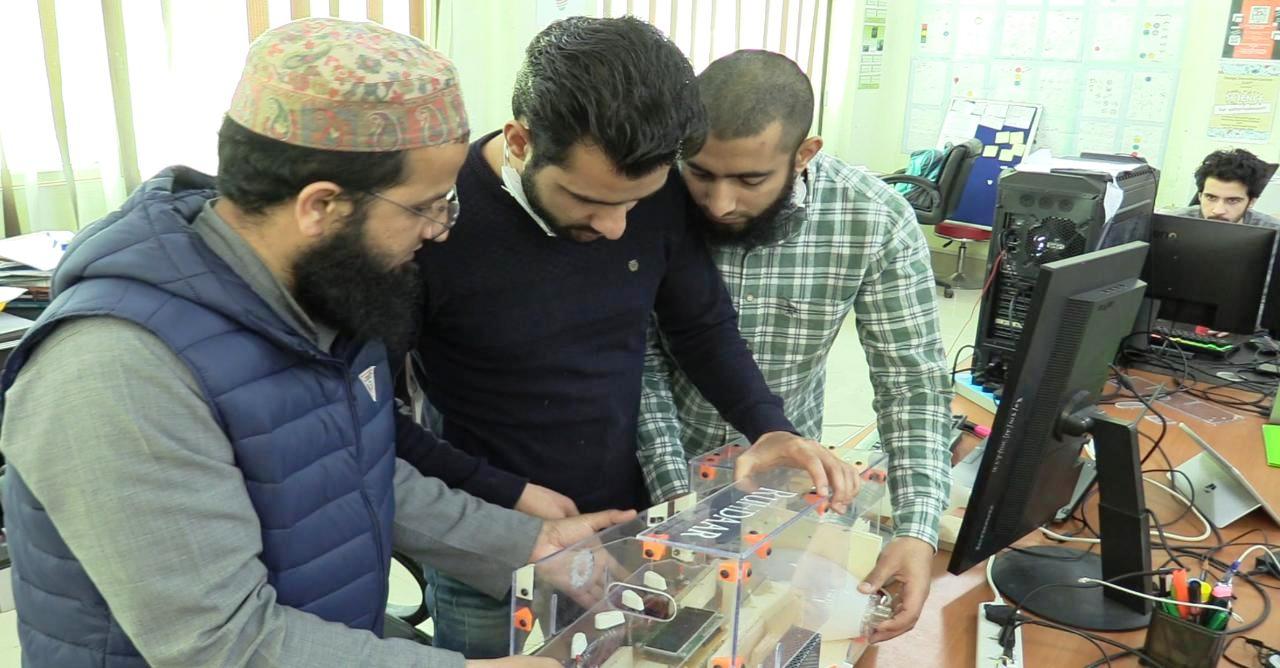
Since the name Ruhdaar was popularized by Bollywood movie Haider, the name has become a native of Kashmir. After the engineers and innovators in Kashmir created the prototype of a low-cost ventilator at the Islamic University of Science and Technology, they gave it the same name that means something having a soul, a life. The idea was initiated by IUST where a design and innovation centre works under Dr Shahkar Nehvi. They collaborated with two NIT academics – Dr Majid Hamid Koul and Dr Saad Parvez, Shuib Perzada, an IUST assistant professor, former students of the IUST – Asif Shah, and Zulqarnain, and Jawaaz Ahmad, a design fellow at the DIC. Abdul Hamid Bhat of the Raheem Greens also collaborated with the team by arranging certain requirements for the team. Dr Shabir Hassan was the overseas mentor of the project. He works at an American University. He was the project’s overseas mentor. The ventilator is expected to be handed over to the medical experts at the Sher-e-Kashmir Institute of Medical Sciences (SKIMS), Soura in Srinagar for evaluating it.
USA
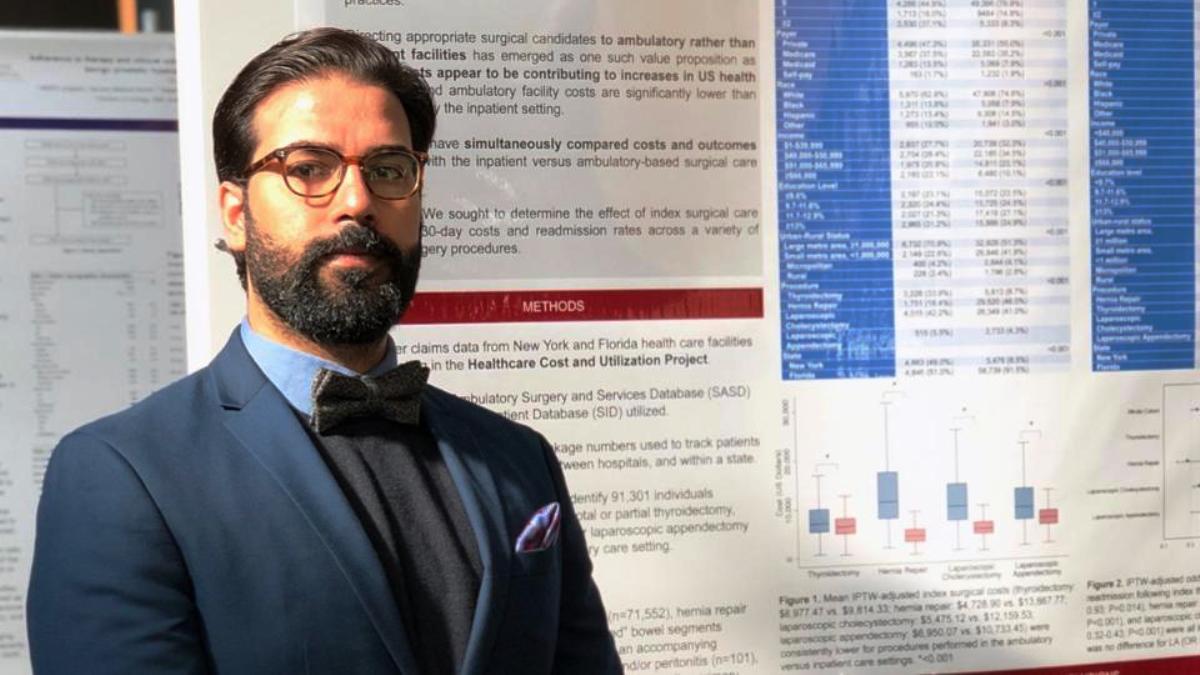
Bringing laurels to his native place, a Kashmiri physician turned entrepreneur Dr Junaid Nabi is a part of a team involved in developing digital tools to combat the pandemic crisis. American business magazine, Forbes, reported Junaid is now part of a team using big data and machine learning to help detect useful patterns in the tsunami of public health data generated world-wide by the Covid-19 crisis and do what he can for those back home. He is a public health researcher at Brigham and Women’s Hospital and Harvard Medical School in Boston. Dr Junaid has also reported his apprehension that Kashmir’s rural areas especially indigenous populations, such as Gujjars are bound to be affected more as they already suffer from socio-economic impediments in accessing health care: lack of proper transport, limited income, limited accommodation in the areas that have healthcare facilities.
RAMBAN
The lockdown froze life and people got stranded where they were. People used every means to reach home. Last week, at least 11 people were booked for violating lockdown norms when they were caught trying to cross the Jammu-Srinagar highway while hiding in a Kashmir bound truck from Udhampur. The truck was intercepted at Nashri (Ramban) and all were booked, including the driver, Mukhtar Ahmed of Shopian.
In a similar move, seven people were booked on Punjab border at Pathankot after they were trying to cross the border with allegedly a fake permission of the district administration of Mohali. After detecting the fraud, Pathankot police detained Hamid Gauri, Ali Mohammad Raina, Urfee Jaan, Asma Hamid, Mohammuddin, Mufzar, and Ansari Bhat. They were Anantnag bound.
MUMBAI
Other than avoiding the winter chills, many Kashmiris go out for treating their medical conditions in India. As the virus got viral, the people had nowhere to go. Media reports suggest 15 cancer patients are stuck in Mumbai for the last three fortnights. Stressed, their treatment has been affected as well. The patients were admitted to different hospitals in Mumbai to undergo chemotherapy. Some of them are running short of money.
PAMPORE
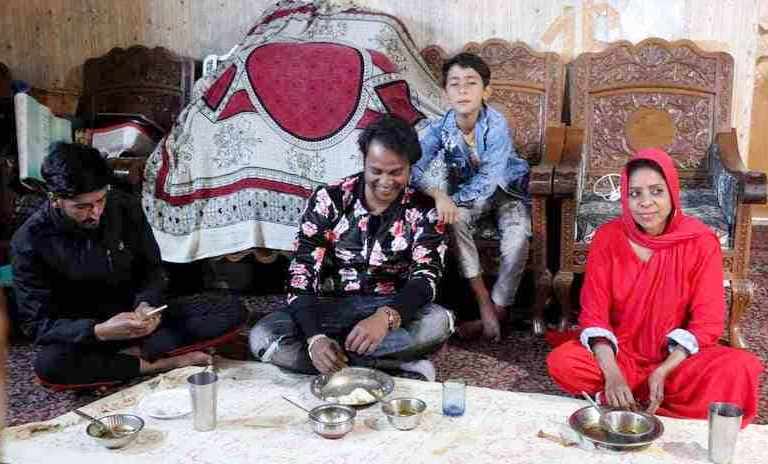
Living up to its identity, Kashmir can never be inhospitable even during the pandemic. When a mother and son, during their Kashmir visit, were caught in the lockdown and had nowhere to go, Nazir Ahmad Sheikh, 55, a resident of Pampore, who works for PWD, opened the doors for them. The Malad family comprising Khatija Sheikh, 50, and her son, Javid, 30, are with the family for more than a month. The mother-son duo was earlier screened at Jawahar Tunnel and their tests were repeated after 14 days and fortunately, the reports were negative. Once the tests were done, non-locals were asked to leave or quarantine themselves. The Mumbai duo had nowhere to go and that is when Nazir came in the picture. Hence proved the Bollywood reel capture of Kashmir is too distant from reality.
BARAMULLA
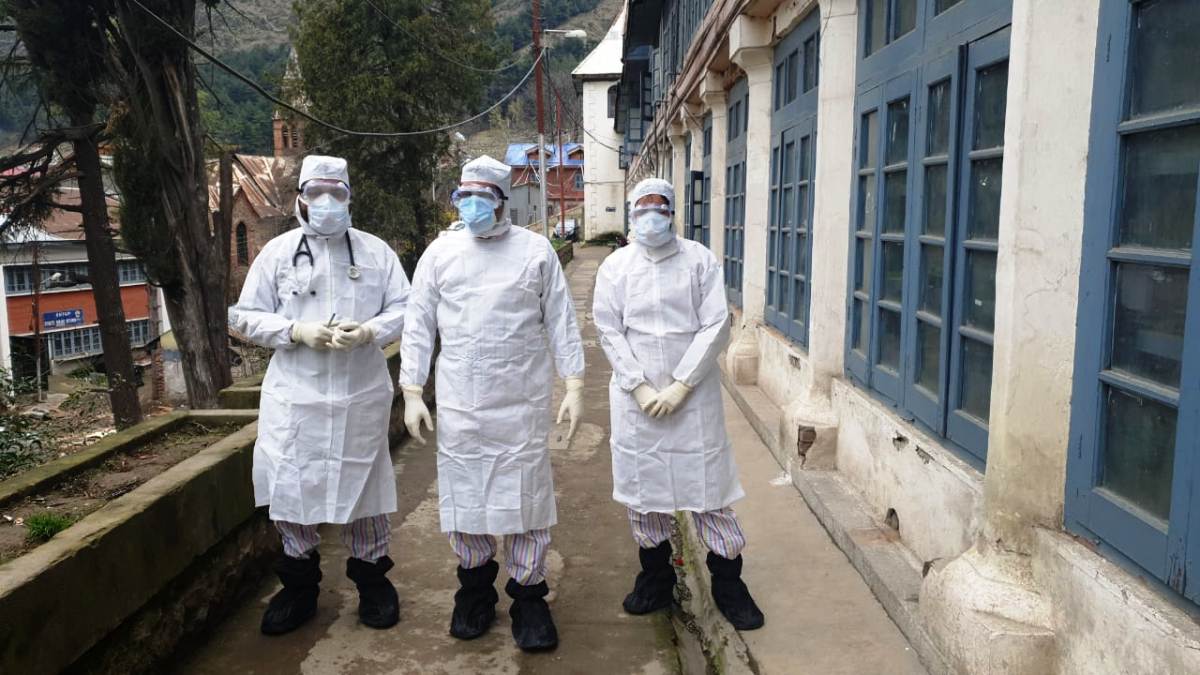
Pandemic has helped doctors re-emerge as demigods and the entire world is behind them because they are in the frontline, this time. Since they have the potential of getting infected, they require personal protection equipment. In Jammu and Kashmir, various doctors including their families have contracted the infection. Last week, a doctor in Baramulla was declared Covid-19 positive. Later, three more doctors were put under surveillance as they developed Coronavirus-like symptoms. The hospital staff reportedly has blamed the lack of proper protective equipment for the doctor’s infection. It was in the midst of this mess that the SKIMS, Bemina management was sacked. The doctor said he was sacked for seeking proper PPE and the management said he was indiscipline. Generally, doctors are alleging poor PPE supplies. The move came days after the UT administration sacked a good number of nurses.
MUGHAL ROAD
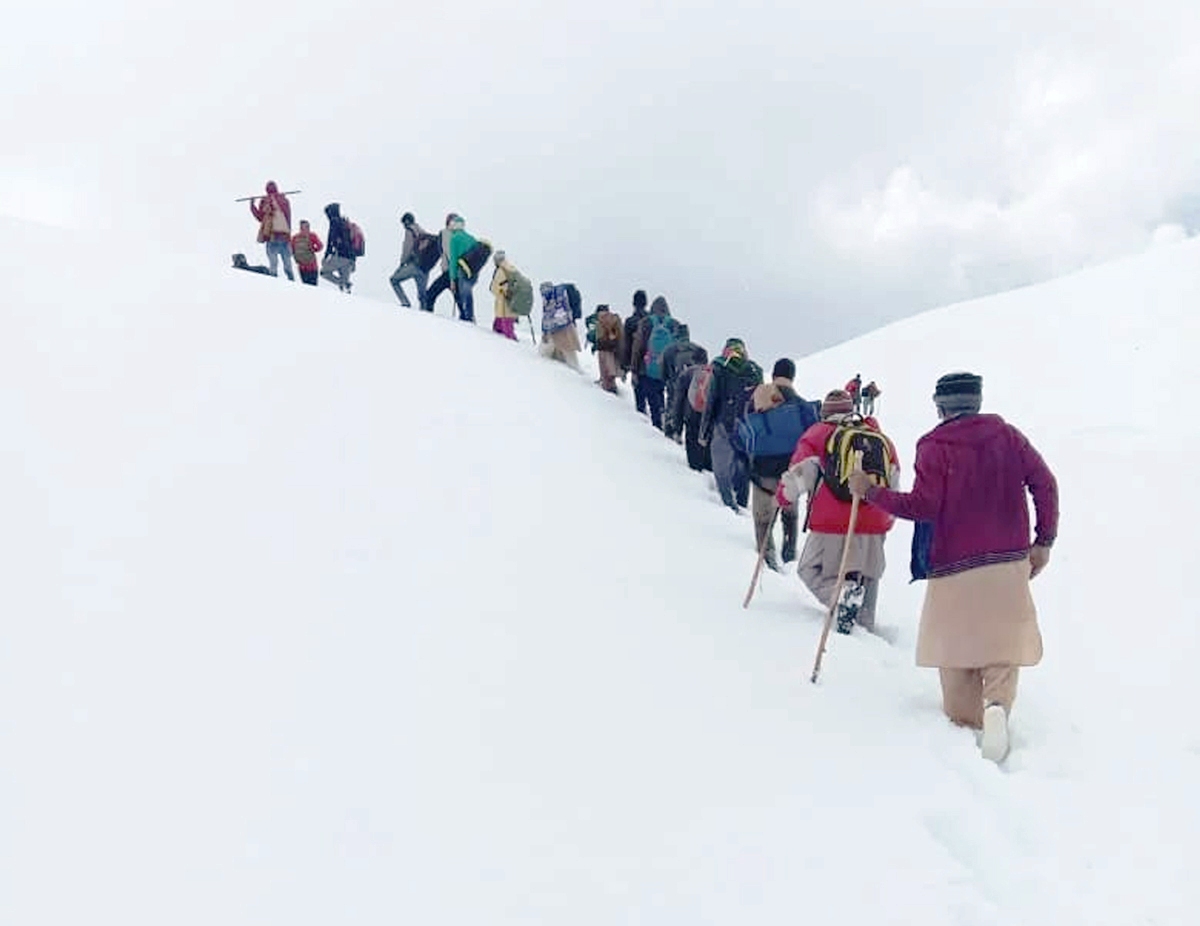
Finding it difficult to survive for away from their homes, groups of workesr from Pir Panchal Valley are taking the snow-clad Mughal Road to reach home in Rajouri and Poonch. A workers group reached home last week by-passing six check posts on Mughal Road but were detected at the seventh check post near Pir Ki Gali. Next day, another group of 26 workers escaped from Kashmir, used the Chor Ki Gali route and were eventually quarantined in Poonch. On Wednesday, nine traversing the same road were quarantined in Rajouri.
SOPORE
As the pandemic spread far and wide, the UN was quick in issuing a statement calling for a ceasefire. Jammu and Kashmir, however, remains an exception. Last week, Kashmir saw a surge in militant related activities. An encounter, a bomb blast on a CRPF vehicle in Sopore killing three CRPF personnel and left two others injured. The slain men were identified as head constable Rajeev Sharma from Bihar, constable CB Bhakare from Maharashtra and constable Parma Satyapal Singh from Gujarat. They belonged to the CRPF’s 179 Battalion. Four militants were killed in Shopian.
JAMMU
After the lawyers filed public interest litigation in the Supreme Court asking for an exemption to pay the rent for their official premises, the UT administration in Jammu became the first to announce a financial relief to young advocates. The Lieutenant Governor (LG) Girish Chandra Murmu last week handed over a cheque of Rs one crore to Jawad Ahmad, Registrar General, J&K High Court for the financial assistance of young advocates and advocates in distress.
LADAKH
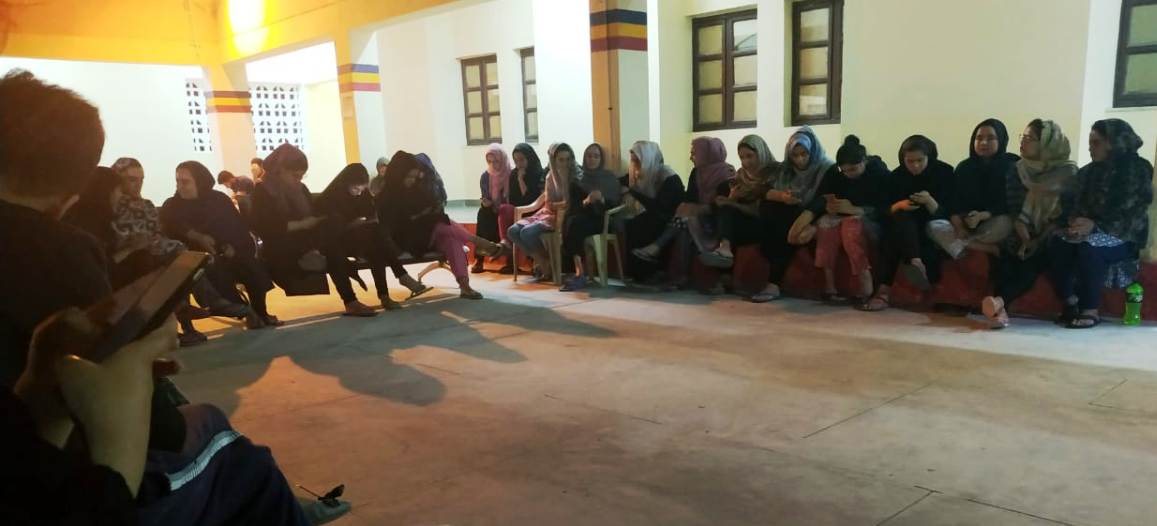
Amid the lockdown, the first to fly in the air was aircraft carrying over 400 Iran returnees. The destination was Ladakh and Kashmir. The passengers had completed their mandatory quarantine in Rajasthan. The first batch of 180 reached Srinagar and the second batch of 225 pilgrims who had returned from Iran reached Leh. The returnees, 208 from Kargil and 17 from Leh, were airlifted from Jodhpur to Leh and were subjected to screening by a medical team on their arrival at Leh airport. However, the returnees would not immediately join their families as the authorities have decided to put them again under a 14-day institutional quarantine at Leh and Kargil as a precautionary measure. The evacuees had been in isolation in the army’s wellness wards in Jaisalmer and Jodhpur. After their return, they were tested again. As many as 61 had tested positive, of which 24 have recovered. Only eight have been discharged so far. There are still about 300 more pilgrims who are stranded in Iran and 250 of them were reported to have tested positive.
AMRITSAR
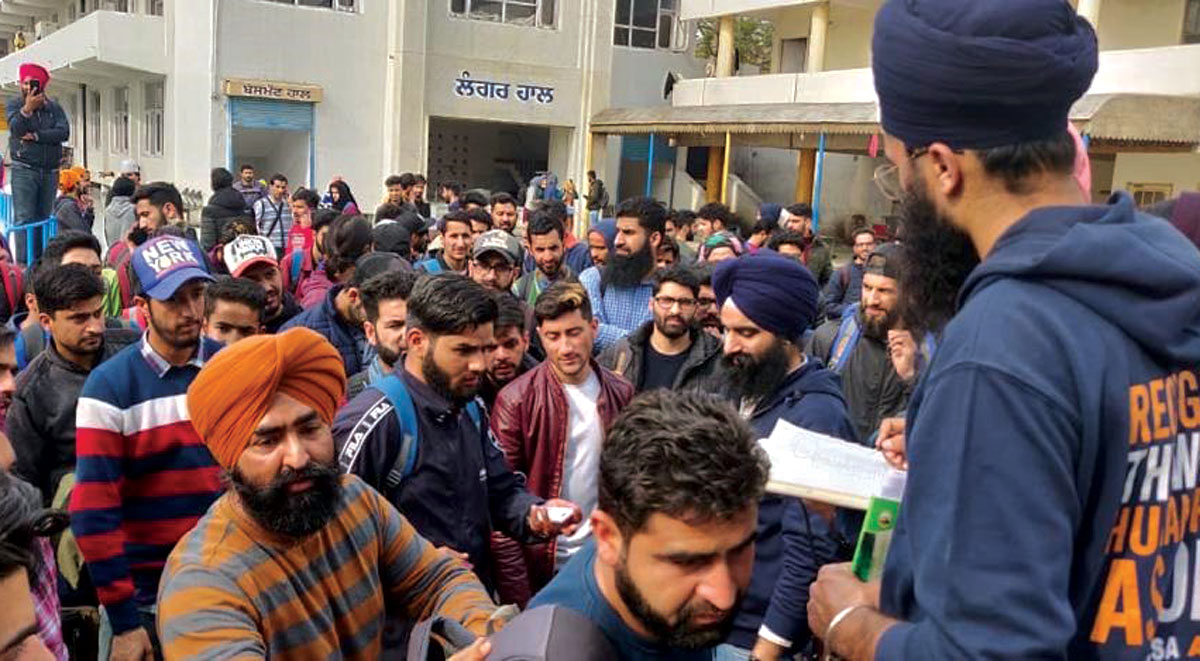
The number of people, mostly students from Kashmir, were shocked to learn that a young samaritan Inderjeet Singh, 25 died in a tragic road accident. He was the person who came to their rescue when Kashmir students faced a backlash across India in the aftermath of February 14, 2019, deadly Lethpora attack.
Singh, a member of Khalsa Aid, a UK-based humanitarian relief group, died in a mishap on Bathinda-Amritsar Highway after distributing masks and PPE kits among doctors and policemen. In 2019, he had accompanied multiple batches of Kashmiri students in Dehradun to Chandigarh from where they were driven home. An IT professional, Singh was working as an employee of Khalsa Aid in Patiala office for the last six months, prior to which he was associated with the organisation as a volunteer from Dehradun for more than two years.















